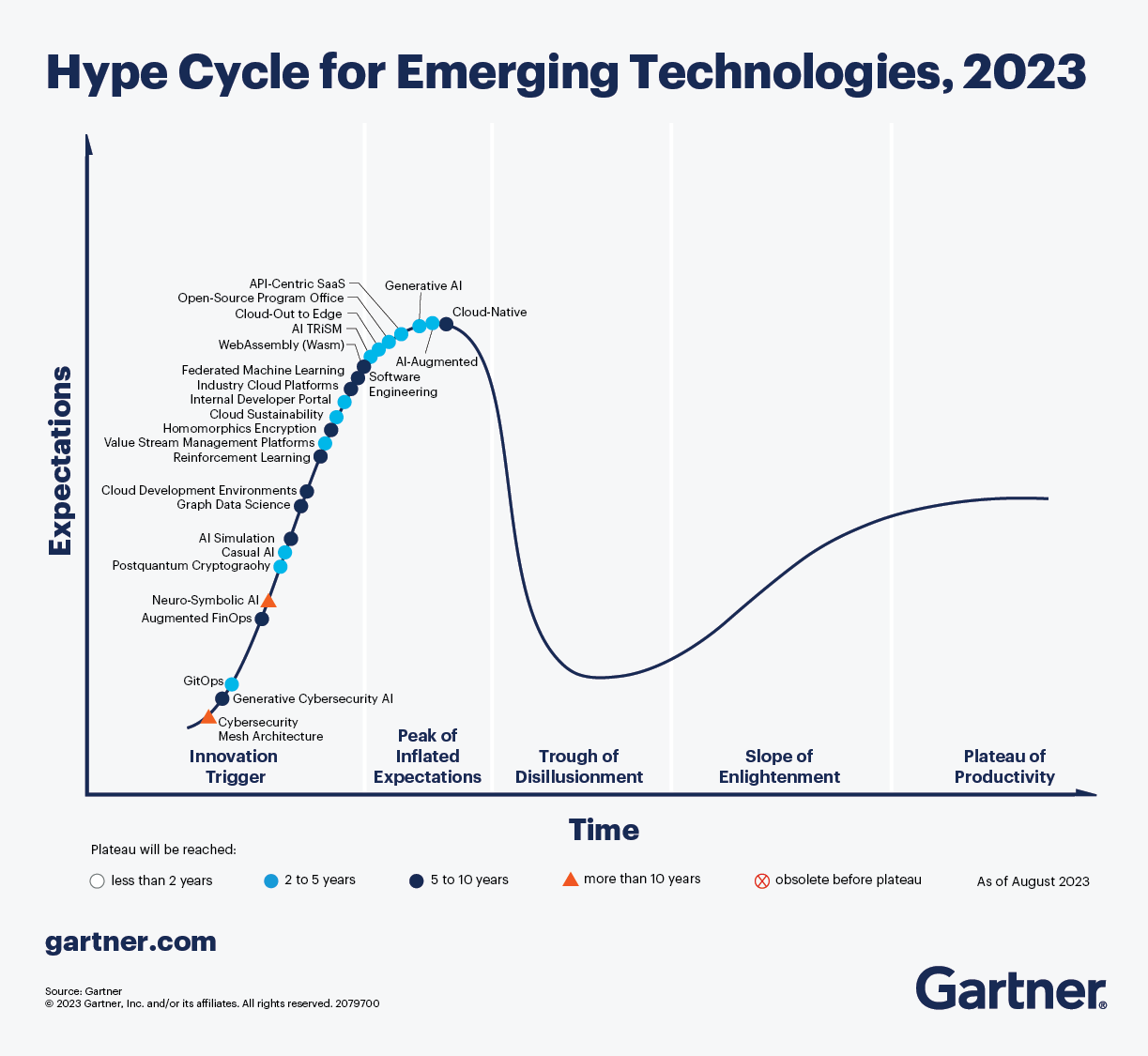Activation mode activated
One year after the dawn of ChatGPT, the stardust of the hype has settled, and reflection makes way for activation. “Lots of companies are trying to answer just one question: ‘how can my organisation benefit from generative AI?’,” says Sven. “It’s so much more than a trend; everyone wants to discover which aspect of its added value they can activate.”
Additionally, organisations will have to figure out how to make generative AI valuable while protecting sensitive corporate information. After all, every question to OpenAI’s ChatGPT passes by an OpenAI server. While that’s primarily intended to make the underlying algorithm smarter, it also poses a security risk.
“Sometimes, it’s easy to forget that ChatGPT is not a search engine,” clarifies Sven. “We all need to learn how to use it responsibly, without accidentally publishing company secrets. Here at delaware, we help organisations map out all the ways in which generative AI can support their operations, R&D activities, production sites, etc. It’s all moving so extremely fast, that we’re positioning generative AI and governance prominently on the agenda for the next couple of years – and probably beyond."
/AdobeStock_565847658-(1).webp?mode=autocrop&w=320&h=320&attachmenthistoryguid=cc4cf765-0d4b-494c-a160-8ae3536ac1f2&v=&c=7f2c9887f90164b1cdb6d485f54d1f03966e3bcef664ec97e7a245575e4d5e92)


/AdobeStock_618659781-(1).webp?mode=autocrop&w=320&h=240&attachmenthistoryguid=03b7893a-2510-4d4a-b65e-b23be579bfe6&v=&c=e5c0a377b9c3dc6c7269eb33bc416f6af960aef2158520d1b48ef48dc85b10a2)
/shot-(1).webp?mode=autocrop&w=320&h=240&attachmenthistoryguid=44ba3d08-8dbc-4820-8f4b-fe71dd7a2f73&v=&focusX=295&focusY=338&c=c7db7aff72c4b5625e25a010b0a6546bd9f328ed107833f4c3c6517d8c87d8cb)
